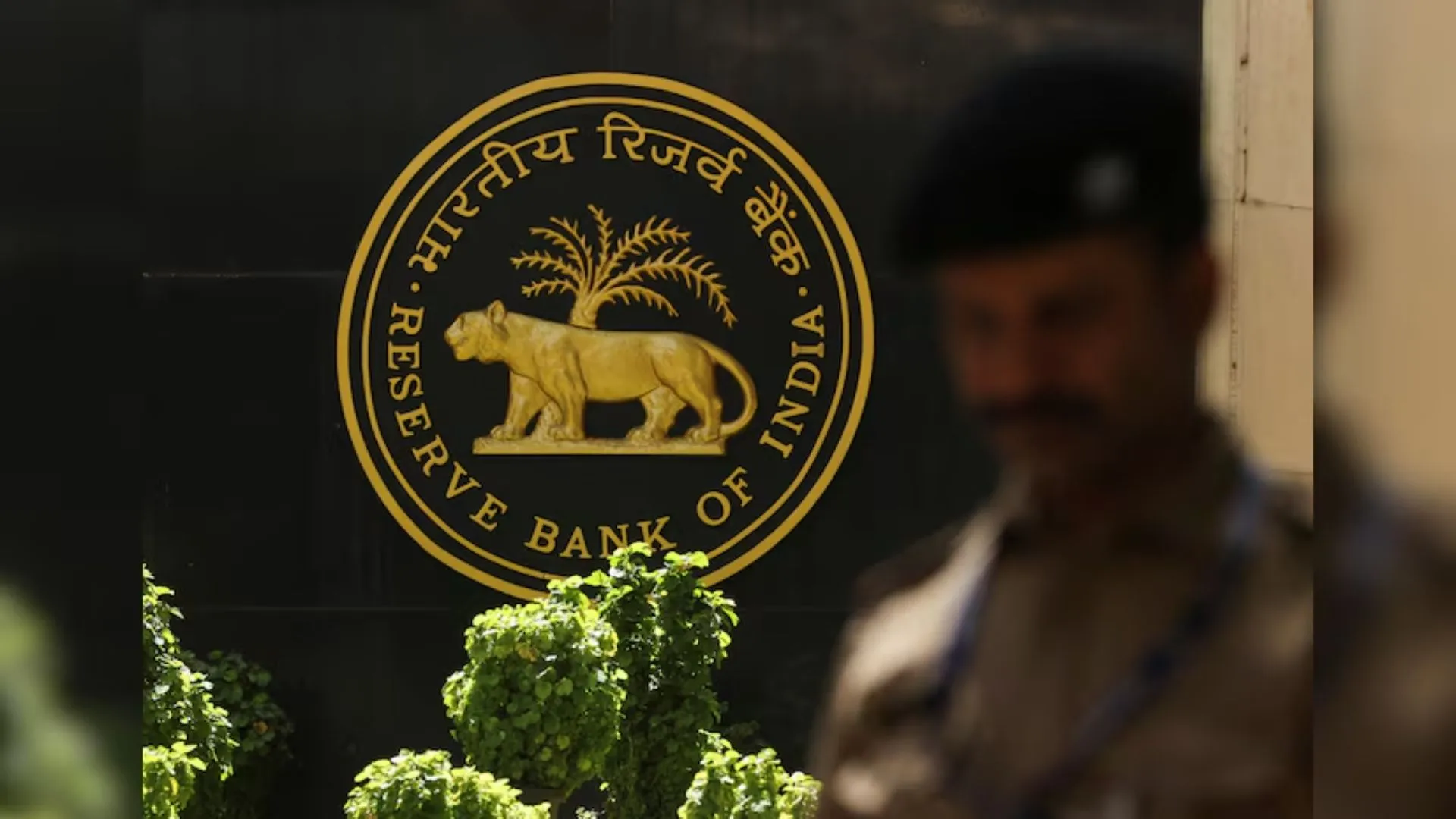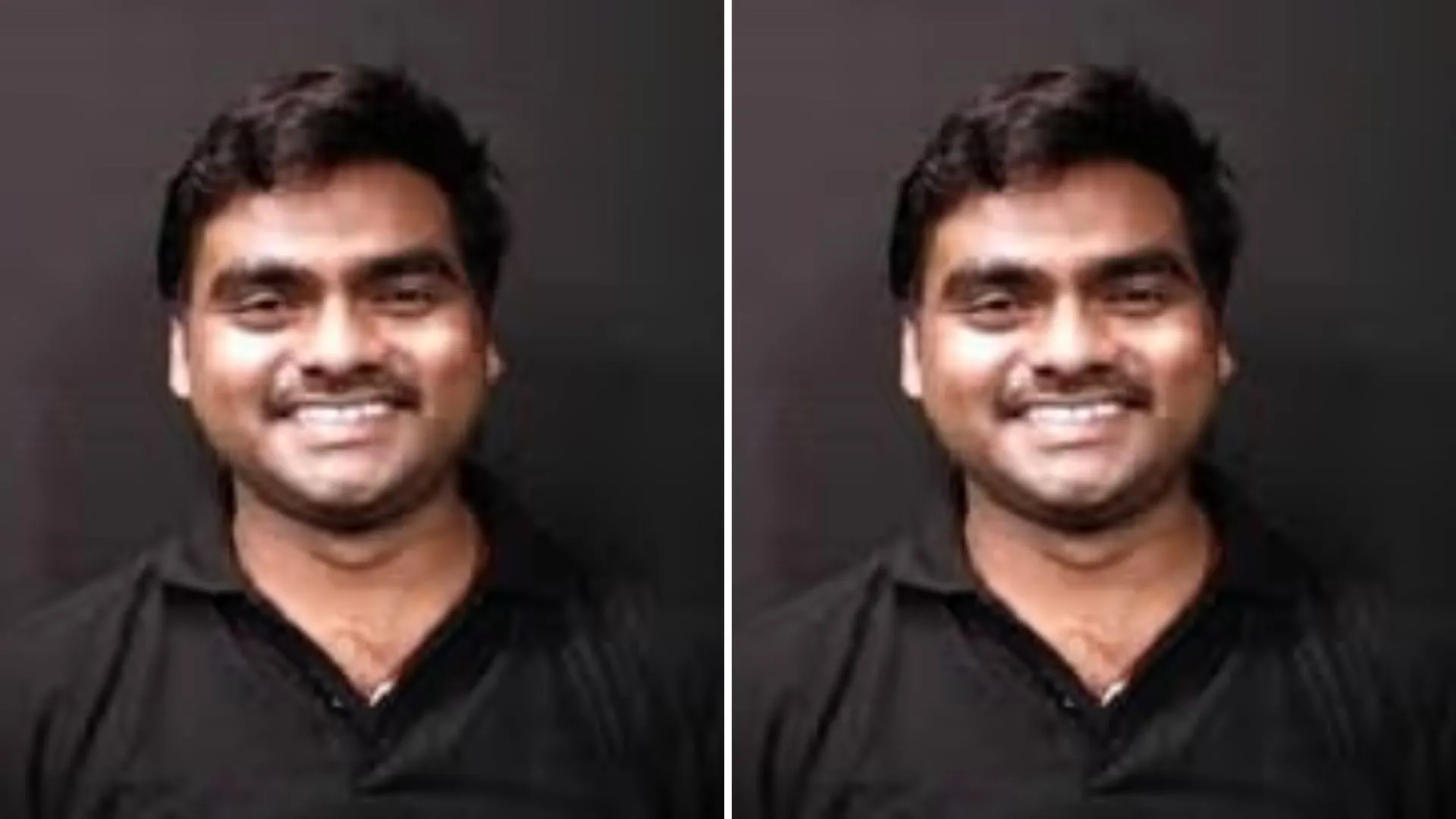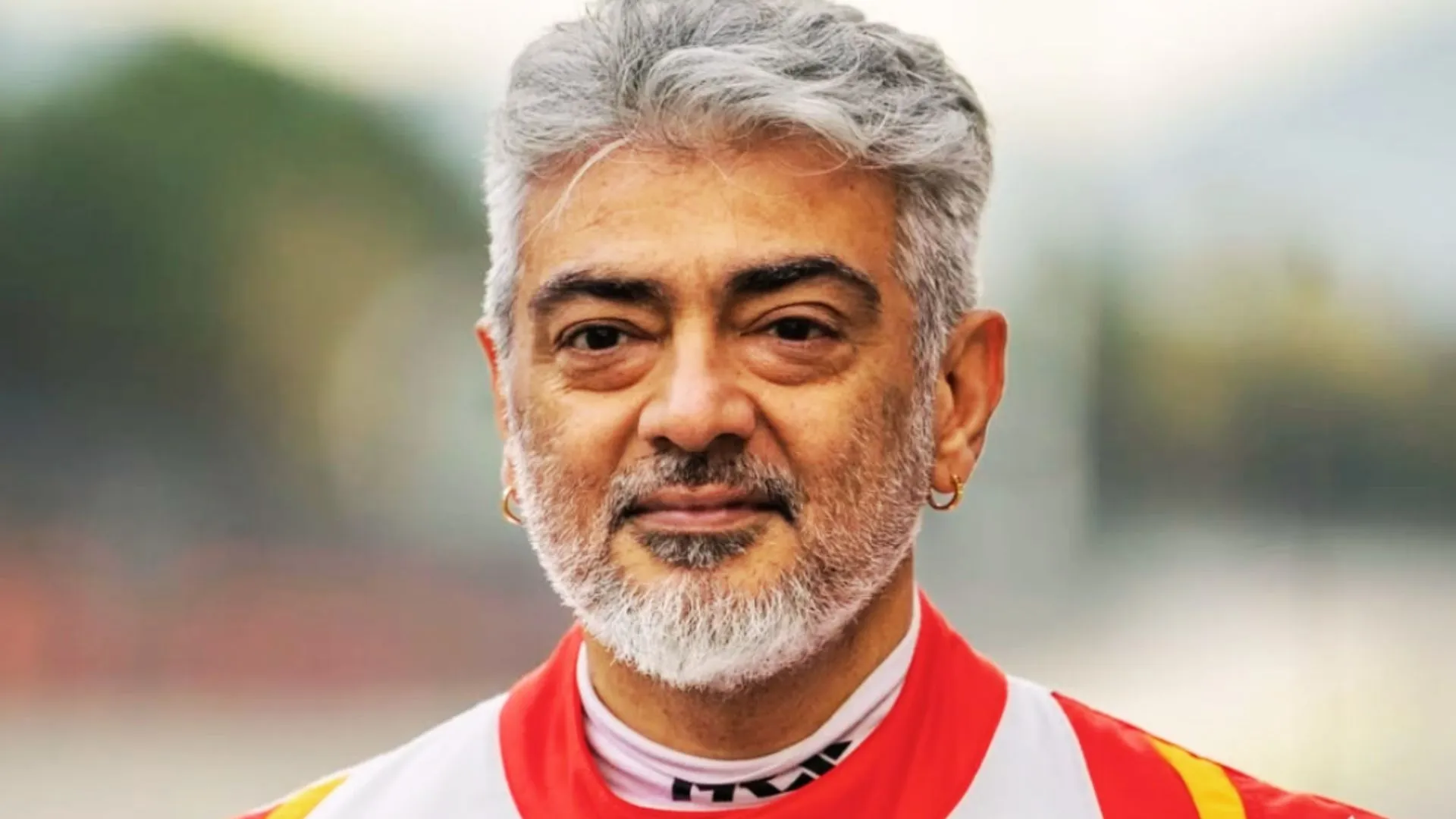The Supreme Court on Thursday expressed its displeasure over delays in the hearing of appeals challenging the acquittal of Surendra Koli in the infamous 2006 Nithari serial killings case. The apex court had earlier directed that the matter be listed “peremptorily” on April 3, yet the Central Bureau of Investigation (CBI) and the Uttar Pradesh government sought more time to present their arguments.
A bench of Justices B R Gavai and Augustine George Masih made sharp remarks on the delay, stating, “There is no sanctity to the word ‘peremptorily’,” while noting that despite nine senior lawyers appearing for the petitioners in the last hearing, none were prepared to argue the case on the scheduled date. The court has now posted the matter for hearing on April 29.
Nithari Case: Background
The Nithari killings came to light on December 29, 2006, when skeletal remains of eight children were discovered in a drain behind businessman Moninder Singh Pandher’s house in Noida’s Nithari area. Further searches led to the recovery of more human remains, most of them belonging to missing children and young women from the neighborhood.
Surendra Koli, Pandher’s domestic help, was accused of rape, murder, and cannibalism. He was awarded the death penalty by a trial court on September 28, 2010. However, in a shocking turn of events, the Allahabad High Court acquitted both Koli and Pandher on October 16, 2023, citing a “botched-up” investigation and failure of the prosecution to prove their guilt beyond reasonable doubt.
SC Slams Delays, Questions Investigation
During the hearing, the Supreme Court expressed frustration at the inconvenience caused to lawyers traveling from other locations due to the last-minute request for an extension. “You should have made that request on the earlier date when the matter was fixed,” Justice Gavai remarked.
The case took another twist when Koli’s counsel argued that the only evidence against him was a confessional statement extracted after 60 days of police custody, where he was allegedly tortured. The high court’s verdict also hinted at the possibility of an organized organ trade, raising serious questions about the integrity of the initial investigation.
Following the high court’s decision, the CBI and the Uttar Pradesh government filed separate appeals in the Supreme Court seeking to overturn Koli’s acquittal. Additionally, the father of one of the victims also moved the top court challenging the verdict. The Supreme Court’s latest observations indicate its dissatisfaction with how the case has been handled, both in terms of investigation and legal proceedings.
With the next hearing now scheduled for April 29, all eyes will be on the Supreme Court as it examines the appeals against Koli’s acquittal.























